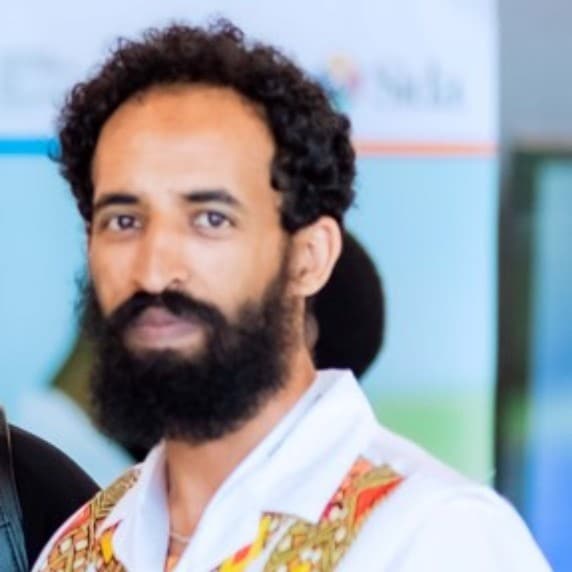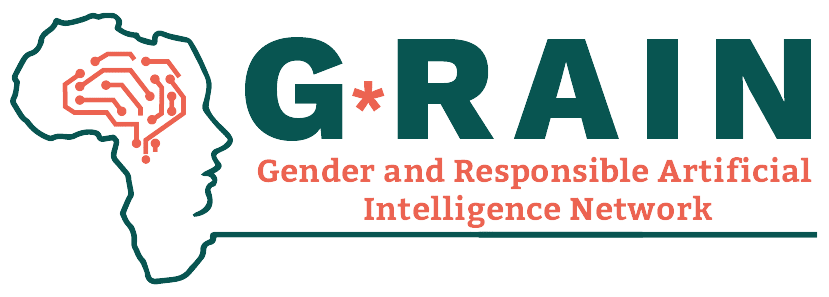Aim of the project
The overall aim of the project is to develop a multilingual machine translation prototype capable of detecting and mitigating gender bias in low-resource languages.
Project summary
AI systems copy and reinforce existing social biases, a problem now widely recognised and studied. But current research into gender bias in natural language processing (NLP) suggests a solution.
Gender bias in AI applications such as machine translation (MT) is common and needs to be carefully considered when developing these applications.
In this project, we propose to develop a machine translation prototype capable of detecting and mitigating gender bias. As the target languages, Amharic, Ge'ez and Awign, belong to the category of resource-limited languages, we will use transfer learning to take advantage of resource-rich languages such as English.
The project is relevant and topical in addressing the challenges of language barriers between different local communities, as well as the problem of gender bias in machine translation datasets.
Successful implementation of the project could address these challenges both within and outside Ethiopia, particularly in sub-Saharan Africa.
Project sponsor

Walelign Tewabe Sewunetie has a degree in computer science and over 14 years' corporate experience in teaching, consultancy, research and projects. He is a graduate of Arba Minch University Institute of Technology, where he obtained a master's degree in computer science. Walelign is a dynamic young academic with a wide range of research interests. His research interests include computer science, AI, NLP, intelligent tutoring systems, software engineering and more. His PhD research topic is the design and development of automatic question generation models. He has published more than 10 research papers in reputed international journals and conferences indexed by Scopus and IEEE, as well as many others. He has worked on many important projects throughout his career. Among these, "Designing Machine Learning Method for Software Project Effort Prediction" was funded by Debre Markos University.
The other members of the team
Zewdie Mossie has worked at Debre Markos University for 15 years. He is currently Dean of the Institute of Technology at Debre Markos University and Assistant Professor of Computer Science. He has taught a variety of subjects, including computer programming (in C++ and Python), database management, IT and information security, IT project management, big data analysis, and scientific research and writing. His research interests include natural language processing, big data analysis, social network data analysis, human data mining and information and network security. He has published articles in journals and contributed to several conferences on topics related to information technology and computer science. He has also been involved in a number of projects and is currently working on the following: "Design and development of a mobile text-to-speech system in Amharic for visually impaired and blind students".
Yaregal Assabie is an Associate Professor at Addis Ababa University and Chairman of the Department of Computer Science. In 2009, he obtained a PhD in electrical engineering (with a subfield in computer systems) from Chalmers University of Technology in Gothenburg, Sweden.
He obtained a Master's degree in Information Science from Addis Ababa University (AAU), Addis Ababa, in 2002, and a Bachelor's degree in Computer Science from Addis Ababa University (AAU), Addis Ababa, in 1998. He has held various positions in different projects and committees. He has taught various courses such as natural language processing, digital image processing, deep learning and distributed systems at postgraduate level. Yaregal Assabie has also carried out five research and development projects funded by the Ministry of Science and Technology, Addis Ababa University and the Ministry of Communication and Information Technology.
Fentanesh Nibret is assistant professor at the University of Bahir Dar, Ethiopia. A public health researcher, she has worked on gender-based violence against women, women's autonomy, gender inequality and adverse health outcomes. She has published articles in various journals on topics related to gender and health, such as women's decision-making autonomy and other factors in anaemia among married women in Ethiopia, associations between early marriage and childbearing and anaemia among adolescent girls in Ethiopia, women's autonomy and the use of maternal health care services in Ethiopia. She has a better understanding of gender and related topics that can help achieve one of AI's goals against gender bias. Her future research focuses on the use of digital technology to provide information to women to improve their health.
Yenework Belayneh has been working at Injibara University in Ethiopia for six years. She is currently Director of the Injibara University Library and has also worked as Head of the Information Technology Department. She has taught a variety of subjects, including emerging technologies, programming fundamentals, fundamental programming, data communication and computer networks, network design, system administration, and data structure and algorithms. Her research focuses on natural language processing and gender-related applications in women's lives. She has also been involved in organising and evaluating conferences. She is currently working on the following projects AUTOMATIC SPEECH RECOGNITION SYSTEM for AWNGI (አውጚ)English language).
Institution
Debre Markos University (DMU) is a public research university located in Debre Markos, Ethiopia. It was established in January 2005. Two years later, DMU started the teaching and learning process with 760 regular students, 53 academic and 34 support staff, as well as 21 contractual staff, and was officially declared Debre Markos University. Currently, DMU has 51 undergraduate students, 47 postgraduate students and 2 PhD programmes through regular, continuing and distance learning. DMU has provided competitive and competent graduates to national and international organisations at 11 undergraduate and postgraduate graduation ceremonies. In addition, 126 doctors graduated in three cycles. The university currently has three campuses, five colleges, two schools and three institutes.
Not that long ago, people lived and functioned in tight communities. Every vendor knew their customers personally and could make...
This Machine Learning Glossary aims to briefly introduce the most important Machine Learning terms - both for the commercially and...





